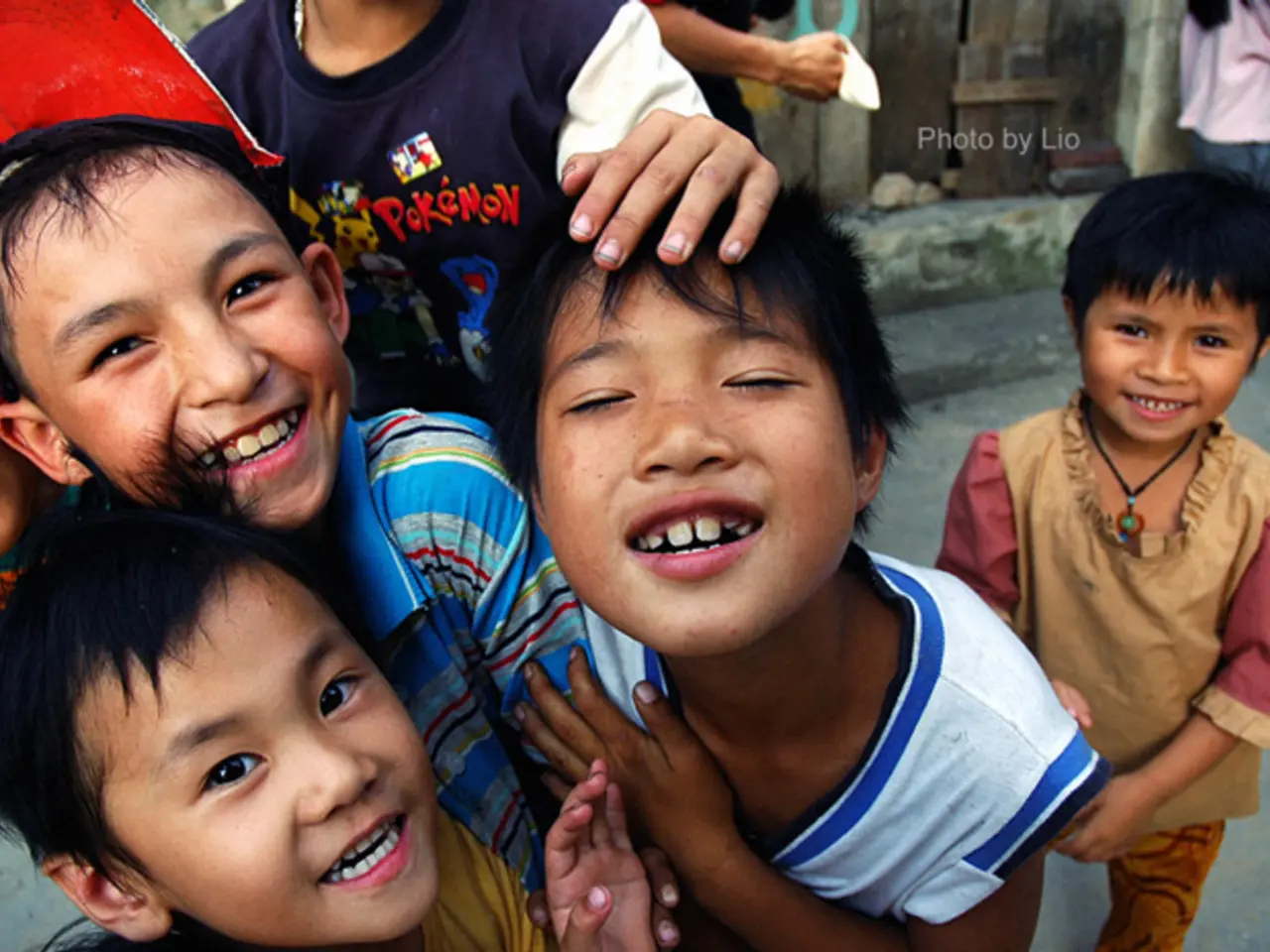Life Education: Gearing Up for Real-World Achievements
==================================================================================
In today's rapidly changing world, traditional education often falls short in preparing individuals for the myriad challenges and opportunities that life presents. This is where Education for Life comes into play, a comprehensive approach that equips us with the tools we need to thrive throughout our lifetime.
Education for Life goes beyond the classroom, encouraging active participation, experiential learning, and lifelong learning. Engaging in hands-on experiences, such as internships, volunteering, travel, online courses, workshops, seminars, or joining professional organizations, helps individuals develop practical skills and gain a deeper understanding of the world around them.
Personal development plays a crucial role in Education for Life. Activities like reading books, attending workshops, or practicing mindfulness can enhance self-awareness and personal growth, leading to a more fulfilling life. By developing life skills such as time management, conflict resolution, goal setting, financial literacy, media and AI literacy, well-being strategies, and civic engagement, individuals are better equipped to handle everyday challenges.
Respecting individual differences is another key aspect of Education for Life. Learning should be adaptable to accommodate different cognitive styles, cultural backgrounds, emotional needs, and preferences, making education flexible and inclusive for all learners.
Cultivating ethical and social awareness is also vital. Encouraging learners to explore their own values, practice honesty and integrity, navigate social pressures, and engage with ethical dilemmas helps foster a sense of responsibility and respect for others. Promoting equality, respect for diversity, and environmental responsibility as daily habits is essential for creating a better world.
Promoting lifelong and cooperative learning mindsets is another essential component of Education for Life. By teaching that education is continuous and not limited to formal schooling, and emphasizing reasoning, logic, and collaboration to solve shared problems, we foster an environment where knowledge is co-created through teamwork and shared experiences.
Integrating health and wellness practices into Education for Life is equally important. Strategies for managing stress, maintaining work-life balance, and sustaining physical and mental health should be part of our daily learning, ensuring we are well-rounded individuals who can handle the demands of life effectively.
Connecting Education to Real-World Roles and Careers is another key strategy. Helping learners understand societal influences on education, explore career paths, and develop plans aligned with their interests prepares them to navigate adult responsibilities effectively.
Lastly, encouraging global citizenship is crucial in today's interconnected world. Educating about global interconnections, human rights, environmental stewardship, and cultural understanding equips learners to contribute positively to a complex, interdependent world.
By incorporating these practical strategies into our daily lives, we can ensure that Education for Life transcends traditional academic learning, equipping us with the skills, values, and habits needed for meaningful daily living and active participation in society. Community engagement through volunteering, participating in community events, or joining local organizations can also help us develop empathy, leadership skills, and a sense of social responsibility.
In conclusion, Education for Life is not just about acquiring knowledge; it's about preparing individuals for success in the real world by focusing on personal growth, critical thinking, problem-solving, communication skills, adaptability, and resilience. It's about equipping us with the tools we need to navigate life's challenges and opportunities, ensuring we continue to grow, learn, and thrive throughout our lifetime.
[1] https://www.unicef.org/education/63290_education_for_life_skills.html [2] https://www.brookings.edu/research/the-case-for-education-for-life-skills/ [3] https://www.ted.com/talks/sugata_mitra_build_a_school_in_the_cloud [4] https://www.edutopia.org/blog/education-for-life-skills-reimagining-school-for-the-future [5] https://www.unicef.org/education/files/Education_for_Sustainable_Development_Policy_Brief_No_5_2015.pdf
- Engaging in personal development activities like reading books, practicing mindfulness, or attending workshops, which can be found under the categories of education-and-self-development and personal-growth, enhances self-awareness and personal growth, leading to a more fulfilling life.
- Promoting lifelong learning through hands-on experiences such as internships, volunteering, travel, online courses, workshops, seminars, or joining professional organizations helps individuals develop practical skills and gain a deeper understanding of the world around them, a key aspect of Education for Life.
- By focusing on learning strategies that include active participation, experiential learning, and lifelong learning, as well as the cultivation of ethical and social awareness, respect for individual differences, and promoting global citizenship, Education for Life equips us with the tools we need for meaningful daily living and active participation in society.




